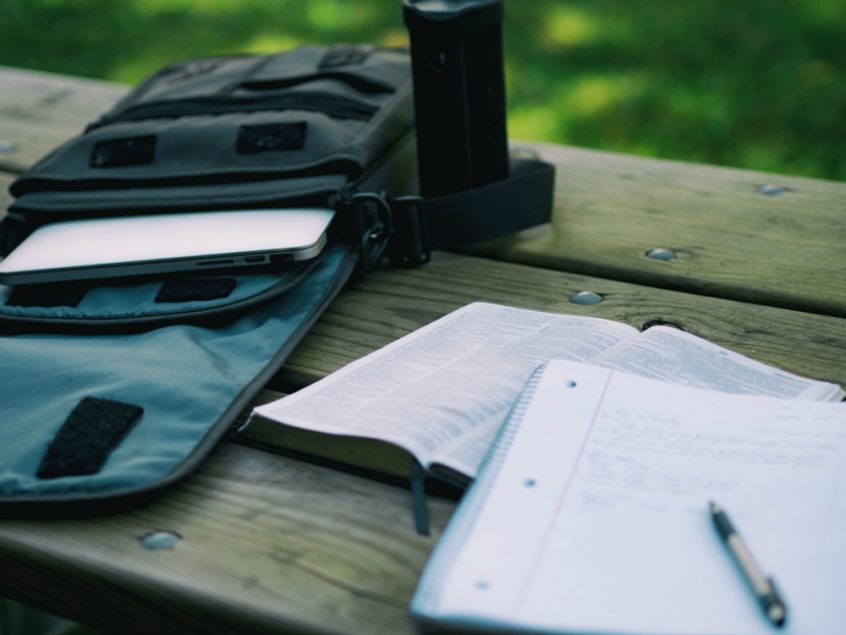When putting together a plan for your money, it’s not often that you consider using credit cards. However, credit cards can actually be a good part of your budget. Plus, when done right, integrating credit cards can help with building good credit over time.
Before you write off credit cards as part of financial planning and budgeting, here are some things to consider.
Adding Credit Cards to the Budget Process
You can successfully add credit cards to the budget process by taking a step back and identifying regular spending. Including credit cards isn’t about extra spending — it’s about adding credit cards to a system already in place.
Here’s how to add credit cards to your budget process.
Make your budget as usual
Start by creating your usual monthly budget or spending plan. Your budget should be based on your values and priorities. Don’t create additional spending just for the credit card. Instead, stick with your usual budget or spending plan.
Don’t change categories or amounts. Just stick to the basics.
Instead of using your debit card, use your credit card
Next, instead of using your debit card or cash, swipe your credit card when you engage in regular spending. If you have automated bills, consider switching those over to be covered with your credit card.
You’ll get the best results if you use a rewards credit card. Your rewards credit card should reflect what you’re most likely to use, whether that’s points for travel or cash back. Consider paying attention to cards that offer higher earnings in most-used budget categories like groceries and gas.
Pay off your credit card — don’t carry a balance
This is the key to making this whole process work. If you want to avoid paying interest while building good credit, you need to pay off the balance each month. When you carry a balance, the interest charges offset any rewards you earn — and then some. So, make sure you have a plan to pay off your balance.
If you’re only using your credit card to pay for planned purchases, this shouldn’t be a problem. You’re sticking to your budget, so the money to pay off the balance should be in your checking account, ready to be called into action.
Building Good Credit as Part of Your Budget
A credit score is a measure of how you use credit. As a result, it’s difficult to build a good credit score without, well, using credit. When you use your credit card to pay for planned purchases, you’re building good credit because you’re charging items and then making on-time payments.
Payment history is the most important factor in your credit score, so as long as you pay off your credit card on time, each month you have one more positive item that helps improve your credit score. Make it part of the process, and you can build and maintain a good credit score over time.
Keeping your credit utilization low
One of the roadblocks you might run into when using your credit card as part of your budget is that you could end up with a higher than average credit utilization.
Your credit utilization is a measure of how much of your available credit you’re using. If you have a credit limit of $5,000 and your balance is $2,500, your credit utilization is 50%. However, for better results with your credit score, you want that number to be below 30% (0% is best for your finances, though).
Unfortunately, your credit card issuer might report your credit balance at a time of the month when your utilization is high — after you’ve paid for regular purchases, but before you’ve made your bill payment. There are two ways you can get around this and keep your utilization low so you can work on building good credit:
- Figure out when your issuer reports: Look at your credit report to figure out when your credit card issuer is reporting your balance. You can find this information on consumer reporting sites like Credit Karma and Credit Sesame as well. If your issuer reports your balance around the 15th of each month, make sure that you pay your current balance a few days before. That way, when the issuer makes its report, your credit utilization is low.
- Pay weekly: Another strategy is to just to make automatic credit card payments weekly. If you have a budget, you know roughly how much you’ll spend regularly. Divide your spending into four weekly payments, and make those each month. It will be a smaller chunk each time, and keep your credit utilization down regularly.
In the end, building good credit is about planning and taking steps to be savvy with how you use your money. You can use your regular budget process as part of building a good credit history.

